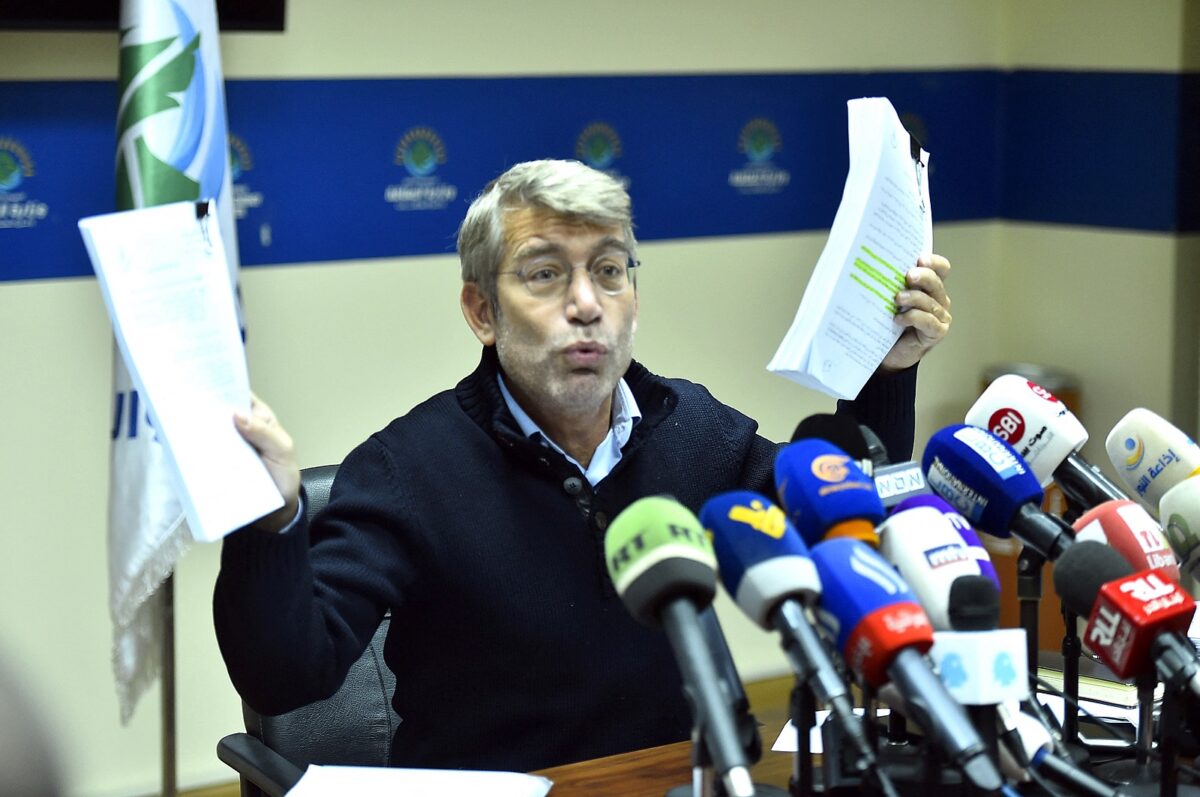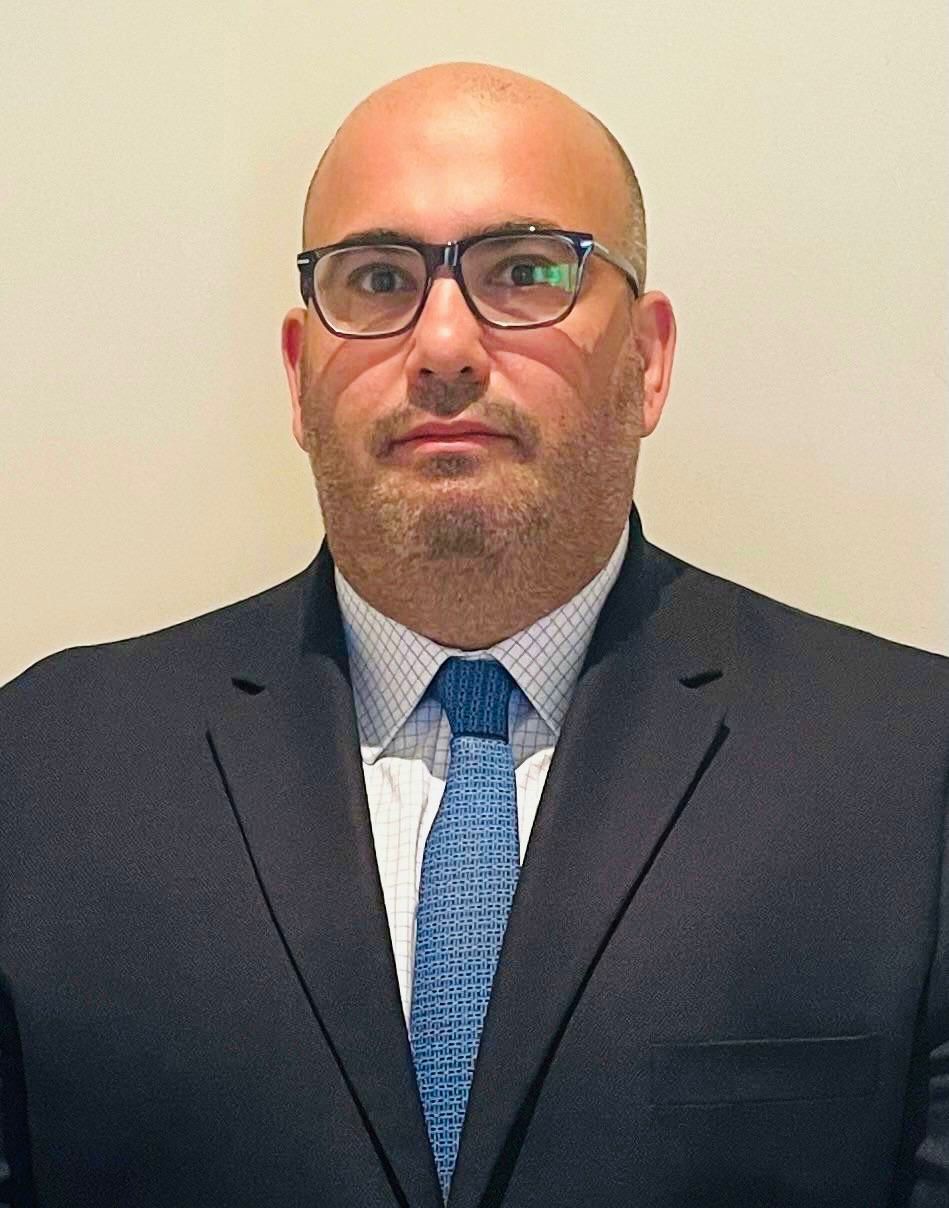
In recent weeks, Walid Fayad, the Minister of Energy and Water, has dominated headlines, nearly overshadowing updates from Lebanon’s southern front. However, one might question what has changed in the ongoing saga of electricity rationing and blackouts that have plagued Lebanon for decades, forcing people to rely on private generators or solar energy as alternatives. Since taking office, Minister Fayad has drawn public attention not for his official actions but for his vibrant social and extracurricular activities. He has been spotted napping by the seafront, clubbing, dancing to lively oriental beats, and even getting a haircut in his office.
Minister Fayad’s approach stands out. He maintains a natural personal life outside ministerial duties. He is transparent about it, which is generally appreciated—especially in contrast to public figures’ often carefully scripted and dull lives. He has become a trendsetter in this context, possibly influencing future elected and appointed officials to adopt a similar style.
In his response to critics following the latest national blackout, Minister Fayad attempted to identify the responsible individuals and entities. In a country plagued by impunity, holding negligent parties accountable is always welcomed and encouraged. In a recent interview with Independent Arabia, he named internal and external parties responsible for stalling the emergency electricity plan he had drafted after taking office. The US Department of Energy and the World Bank are at the top of this list, followed by the Prime Minister, Minister of Finance, and the Central Bank. Minister Fayad said, “US Treasury Department and the World Bank refrained from funding and implementing the Egyptian gas and Jordanian electricity project, which deprived Lebanon of 600 megawatts, equivalent to six hours of power supply. He reveals that the World Bank refused to disburse the funds because Lebanon’s general stance does not align with Western interests.”
One cannot deny that the Caesar Act sanctions have complicated the implementation of the electricity deal with Egypt and Jordan, particularly since the Egyptian gas and Jordanian electricity would need to pass through Syria to reach Lebanon. However, in all of his public appearances, Minister Fayad has consistently avoided addressing the project’s underlying conditions: the necessity to start implementing the long-awaited reforms in the electricity sector, beginning with a professional and transparent audit of Électricité du Liban (EDL) and the activation of the Electricity Regulatory Authority (ERA).
The Lebanese economic model, heavily reliant on credit, necessitated continuous financial bailouts, often orchestrated through international support conferences. Between 2001 and 2021, five such conferences were held in the French capital. Twenty-two years ago, in preparation for the Paris II conference in November 2002, the Lebanese parliament passed Law No. 462 in September 2002, establishing the principles and framework for governing the electricity sector in Lebanon. This law mandated the creation of an Electricity Regulatory Authority (ERA) to oversee and regulate the sector. Since the Paris II conference, every ministerial statement and reform document presented at subsequent conferences, such as Paris III in 2007 and CEDRE in 2018, has included clear commitments to implement Law No. 462 and establish the ERA.
Resistance to reform is not confined to the energy sector. According to the Lebanese Center for Policy, only 26 of the 117 reform measures outlined in the Paris III document were implemented, accounting for less than one-quarter of the total. The CEDRE conference introduced a different framework from previous donor support conferences, with the international community pledging $11 billion in grants and loans for Lebanon. However, this funding was conditioned upon implementing fiscal and sectoral reforms, most of which were initially included in the Paris III document. The fate of the pledges made during the CEDRE conference in April 2018 is all too predictable.
Another critical reform element mentioned in all reform documents was the need to introduce a modernized and transparent public procurement law, incorporating a robust regulatory framework, transparent procedures, and vigilant oversight. After extensive advocacy, lobbying, and technical efforts from local civil society actors and committed public servants supported by the international community, the Lebanese parliament passed a new public procurement law in July 2021, which came into force in July 2022.
Since the law took effect, various ministries and public entities have exploited every opportunity to bypass or resist its proper implementation. In March 2023, the decision to award a contract to a group of private investors to build a new airport terminal was overturned because it did not comply with the principles of the new public procurement law. In April 2023, the Lebanese parliament further weakened the law by increasing the number of exempted authorities. Recently, Maharat News reported that a few ministers questioned whether this law would hinder the provision of emergency relief for those displaced from southern villages. Just a few days ago, Al Akhbar newspaper reported that the Port of Beirut authority submitted a request to the Ministry of Public Works to be exempted from adhering to the public procurement law.
In recent years, there has been endless debate over Hezbollah or the Islamic Resistance weapons, with Lebanon deeply divided on the role and function of these arms. Through the UN Security Council, the international community has weighed in on this issue by adopting several resolutions, notably 1559 in 2004 and 1701 in 2006. Lebanese political groups represented in the National Dialogue Committee also contributed to this debate by adopting the Baabda Declaration in 2012. While theoretically a framework to structure this discussion now exists, what is truly lacking is a strategy to address the resistance to reforms, which has equally proven to be as stubborn as Hezbollah’s weapons. In more simple terms while the weapons might be at a point decommissioned, the Lebanese political elite do not plan to start thinking of the urgent need to address the reforms.
Overcoming this resistance to reform typically requires a catalyst—whether an opportunity, a crisis, or leverage. If the financial and economic collapse that wiped out people’s savings and purchasing power, or even the devastating Beirut Port explosion, did not create such an opportunity, one must question whether the resistance to reforms will ultimately prevail indefinitely.
Khalil Gebara is an academic and researcher.
The views in this story reflect those of the author alone and do not necessarily reflect the beliefs of NOW.








